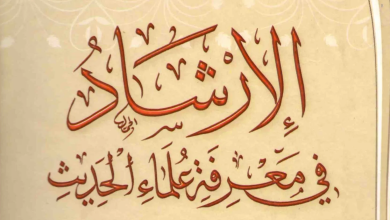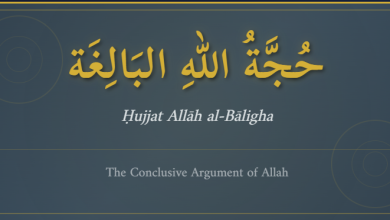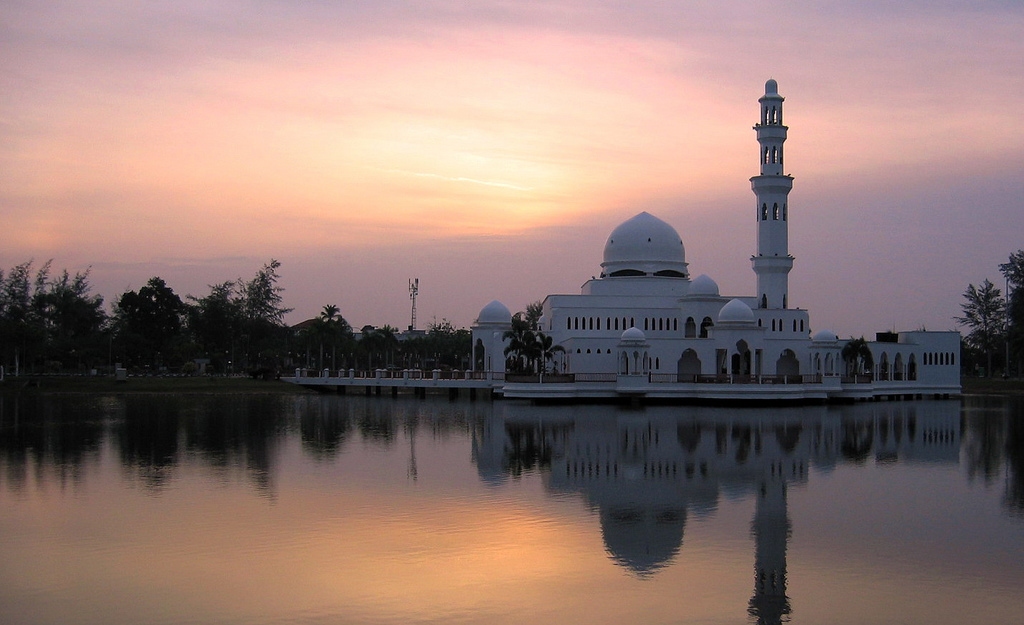Ḥadīth regarding al-Ḥajar ‘l-Aswad
The black stone (al-Ḥajar ‘l-Aswad) has many virtues, one of them is the ability to clear your sins (by Allāh’s leave) when you kiss or touch it, Imām al-Tirmidhī has related in his Jāmi‘ (877):
(Imām al-Tirmidhī says) Qutaybah related to us, who said Jarīr narrated to us from ‘Atā’ ibn al-Sā’ib from Sa‘īd ibn Jubayr from Ibn ‘Abbās who said: Rasūlullāh ﷺ said:
“The black stone descended from paradise and was (originally) whiter than milk while the sins of the sons of Ādam turned it black.”
Imām al-Tirmidhī comments: “There is another ḥadīth from ‘Abdullāh ibn ‘Amr and Abū Hurayrah concerning this chapter, and the ḥadīth of Ibn ‘Abbās is a ḥasan ṣaḥīḥ ḥadīth.”
Mullā ‘Alī al-Qārī comments on the words “sons of Ādam turned it black” to mean:
Meaning: “The sins of the sons of Ādam made it turn black due to touching the (black) stone.”
Mirqāt ‘l-Mafātīḥ (9/45)
Ḥāfiẓ Ibn Ḥajar al-‘Asqalānī points out in his Fatḥ ‘l-Bārī sharḥ Ṣaḥīḥ ‘l-Bukhārī (3/462):
“From those narrations is the ḥadīth of Ibn ‘Abbās marfū‘an (raised back to the Prophet): ‘The black stone descended from paradise and was (originally) whiter than milk while the sins of the sons of Ādam turned it black.’ Imām al-Tirmidhī narrated it and authenticated it. In it [the isnād] is ‘Aṭā’ ibn ‘l-Sā’ib, he is trustworthy but he suffered from ikhthilāṭ [mixing up narrations in the latter stage of his life], and Jarīr was from those who heard from him after his ikhthilāṭ [meaning there is weakness]. However, there is another route for this as narrated in Ṣaḥīḥ Ibn Khuzaymah [2557] that gives it strength. Whilst al-Nasā’ī [3801] narrated a shorter version from Ḥammād ibn Salamah from ‘Aṭā’ with the wording (only) being: ‘The black stone descended from paradise.’ Ḥammād was from those who heard ‘Aṭā’ before he (‘Aṭā’) suffered from ikhthilāṭ [meaning the narrations of Ḥammād from ‘Aṭā’ are sound].”
It is worth noting that the words of the narration in Jāmi‘ al-Tirmidhī: “The black stone was (originally) whiter than milk while the sins of the sons of Ādam turned it black”, without the wording that it ‘descended from heaven’, has also been narrated via Ḥammād from ‘Aṭā’ as mentioned in the Mu‘jam ‘l-Kabīr of al-Ṭabarānī (1215) with the wording being ‘whiter than ice’ instead of ‘milk’:
Imām Ḍiyā’ ‘l-Dīn al-Maqdisī incorporated this ḥadīth in his book: al-Aḥādīth ‘l-Mukhtārah (3614) where he strived to compile only authentic narrations.
Some objectors to this virtue utilise a narration in Ṣaḥīḥ ‘l-Bukhārī (1520) from ‘Umar ibn ‘l-Khaṭṭāb that he came close to al-Ḥajar ‘l-Aswad and kissed it, and that he then said:
“No doubt, I know that you are [only] a stone, you cannot cause harm nor can you benefit. Had I not seen the Prophet ﷺ kissing you, I would not have kissed you.”
Commenting on this narration Ḥāfiẓ Ibn Ḥajar says in short:
“‘Umar’s saying ‘you cannot cause harm nor can you benefit’, meaning: ‘except by the leave of Allāh.”
(Ibid).
Meaning that whatever Alāh ﷻ wills, He can do.
And Allāh ﷻ knows best.
——————
Compiled by Abu Humayd






